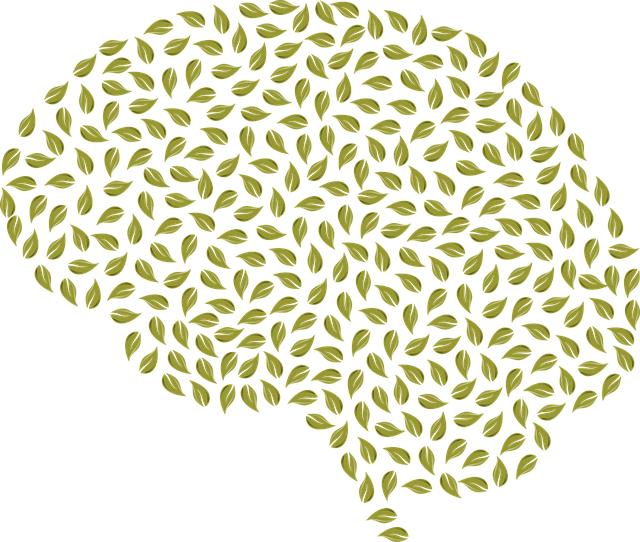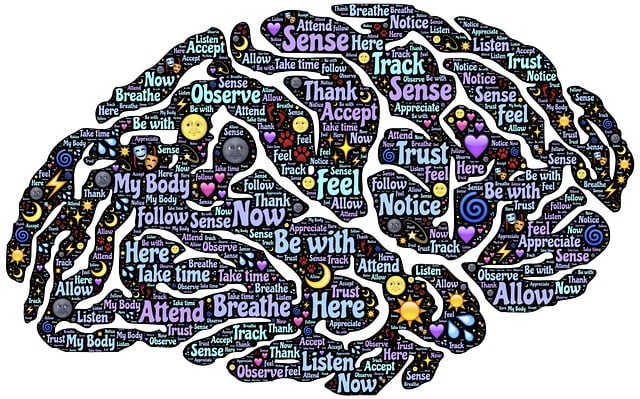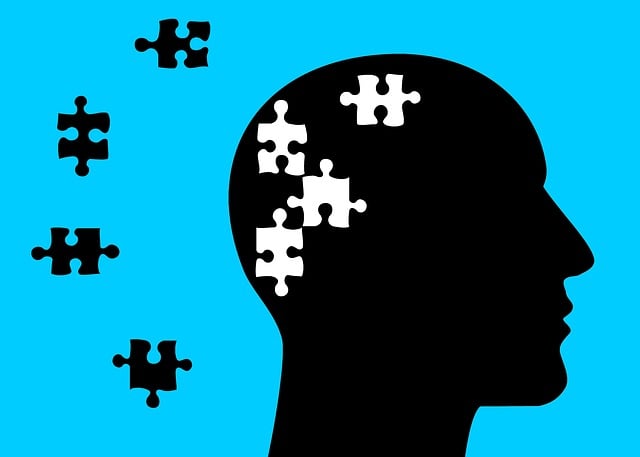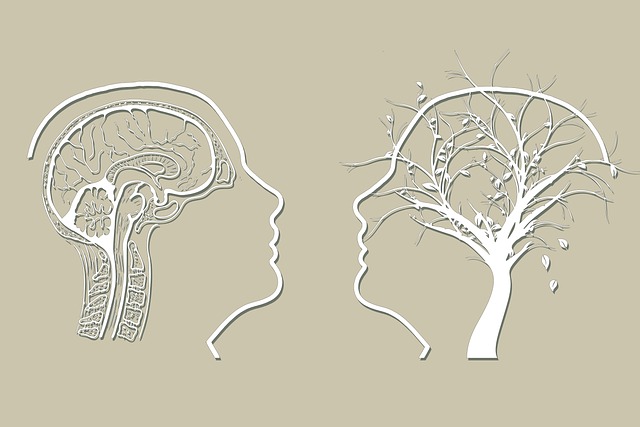The text discusses the unique mental health challenges faced by young adults, including anxiety, depression, and stress-related disorders, stemming from academic pressures, social media influence, and the transition into adulthood. Cognitive Processing Therapy (CPT) is introduced as an evidence-based treatment tailored to address these issues by targeting negative thought patterns, enhancing emotional healing, and boosting self-esteem. CPT's effectiveness in treating trauma and PTSD is highlighted, with apps integrating this therapy offering personalized, interactive experiences to process negative thoughts and emotions, while also emphasizing burnout prevention for healthcare providers. Digital platforms implementing CPT face challenges like maintaining therapy integrity, privacy, and diverse preferences, but successful integration requires balancing technology with individual needs.
In today’s digital age, mental wellness apps offer a promising approach to support young adults grappling with growing stressors. This article delves into the development of such applications, focusing on the integration of Cognitive Processing Therapy (CPT), a proven treatment for anxiety and trauma. We explore the unique mental health needs of this demographic, dissecting the benefits and challenges of translating CPT into accessible digital platforms. By understanding these factors, app developers can create innovative solutions to enhance therapy accessibility.
- Understanding Mental Wellness Needs of Young Adults
- Therapy for Young Adults: Cognitive Processing Therapy (CPT) Explained
- Developing Effective Mental Wellness Apps
- Integrating CPT into Digital Platforms: Benefits and Challenges
Understanding Mental Wellness Needs of Young Adults

The mental wellness landscape for young adults is complex and multifaceted. This demographic faces unique pressures from academic demands, social media engagement, and the transition into adulthood. Understanding their specific needs involves recognizing the prevalence of issues like anxiety, depression, and stress-related disorders among this age group. Young adults often require tailored support that addresses not only symptoms but also the underlying factors contributing to their mental health challenges.
Cognitive Processing Therapy (CPT) emerges as a promising approach for young adults seeking therapy. CPT focuses on identifying and modifying negative thought patterns and beliefs, enhancing emotional healing processes, and boosting self-esteem. By fostering positive thinking and coping strategies, this therapeutic method empowers individuals to navigate life’s stressors more effectively. Moreover, it enables them to develop resilience, which is crucial for maintaining mental wellness in the face of adversity.
Therapy for Young Adults: Cognitive Processing Therapy (CPT) Explained

Cognitive Processing Therapy (CPT) is a highly effective form of therapy tailored specifically for young adults grappling with trauma and post-traumatic stress disorder (PTSD). This evidence-based approach focuses on modifying negative thought patterns and cognitive distortions that often accompany traumatic experiences. By helping individuals process and reframe their memories, CPT empowers them to regain control over their emotional responses and reduce the debilitating symptoms associated with PTSD.
The therapy facilitates a deeper understanding of one’s thoughts and emotions, fostering emotional intelligence—a crucial aspect for young adults navigating complex life challenges. Through public awareness campaigns and engaging mental wellness podcast series production, raising the visibility of CPT can encourage more individuals to seek help early on. This proactive approach to mental wellness is pivotal in promoting overall well-being among this demographic.
Developing Effective Mental Wellness Apps

Developing effective mental wellness apps requires a multifaceted approach that incorporates evidence-based practices such as Cognitive Processing Therapy (CPT). CPT has shown promise in treating conditions like anxiety and depression, making it a valuable tool for app developers looking to cater to young adults seeking therapy. By integrating CPT into app functionalities, creators can offer personalized, interactive experiences that encourage users to process negative thoughts and emotions constructively.
Additionally, mental wellness apps should prioritize burnout prevention strategies, especially for healthcare providers who often bear the brunt of emotional labor. Incorporating features that promote self-esteem improvement and stress management can help these professionals maintain their own mental health while they support others. Effective apps should also leverage technology to create engaging content that motivates users to engage in regular self-care practices, ultimately fostering a holistic approach to mental wellness.
Integrating CPT into Digital Platforms: Benefits and Challenges

Integrating Cognitive Processing Therapy (CPT) into digital platforms offers significant benefits for mental wellness apps targeting young adults. CPT, known for its effectiveness in addressing trauma and negative thought patterns, can be adapted for online delivery, making therapy more accessible and convenient for this demographic. Digital platforms allow for structured sessions, interactive exercises, and personalized feedback, enhancing the therapeutic experience. Additionally, these tools facilitate ongoing mood management and positive thinking through regular practice and self-monitoring.
However, challenges exist in translating CPT into digital formats. Ensuring the integrity of the therapy requires careful consideration of user interface design and intuitive navigation to foster engagement. Privacy and data security are also paramount, especially when dealing with sensitive information related to mental health. Furthermore, while online platforms can build a sense of community through discussion forums or group sessions, reaching out to those who may prefer in-person interaction for various reasons remains a consideration. Effective implementation necessitates a balance between leveraging technology and attending to the diverse needs of young adults seeking therapy.
Mental wellness apps have the potential to significantly impact the lives of young adults by providing accessible and effective therapy. Integrating Cognitive Processing Therapy (CPT), a proven approach for addressing trauma, into these digital platforms offers a promising path forward. By leveraging technology, we can reach a broader audience, especially those who may face barriers to traditional therapy. However, developers must carefully navigate the challenges of implementing CPT in app formats while ensuring user privacy and data security. With thoughtful design and consideration, mental wellness apps can become powerful tools for enhancing young adults’ cognitive processing and overall well-being.










